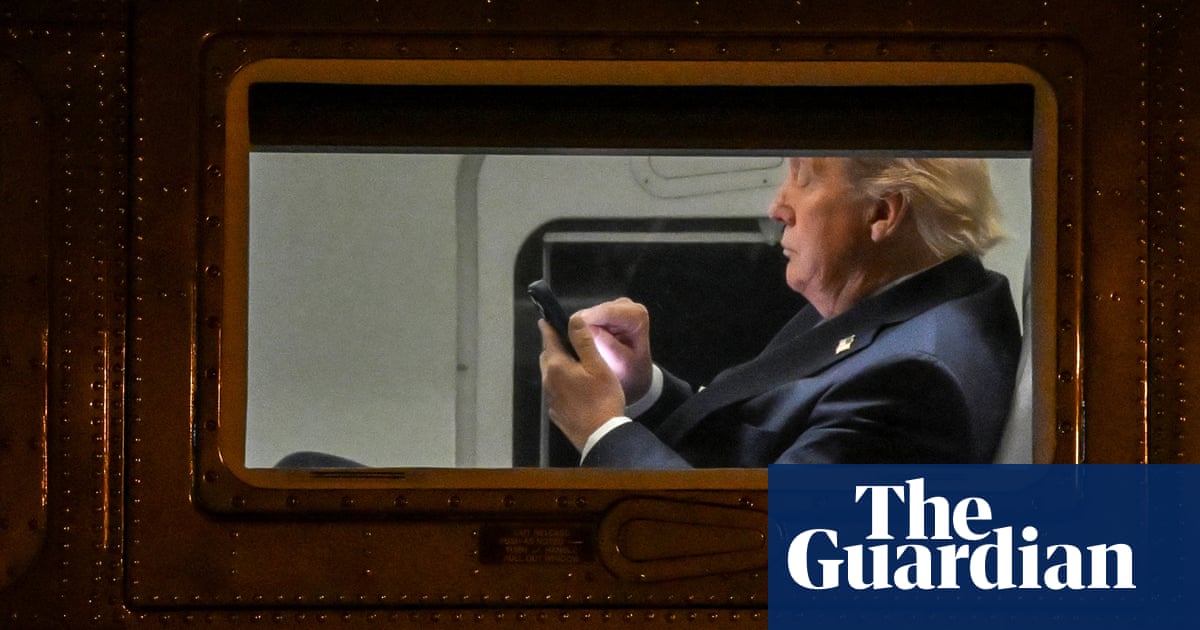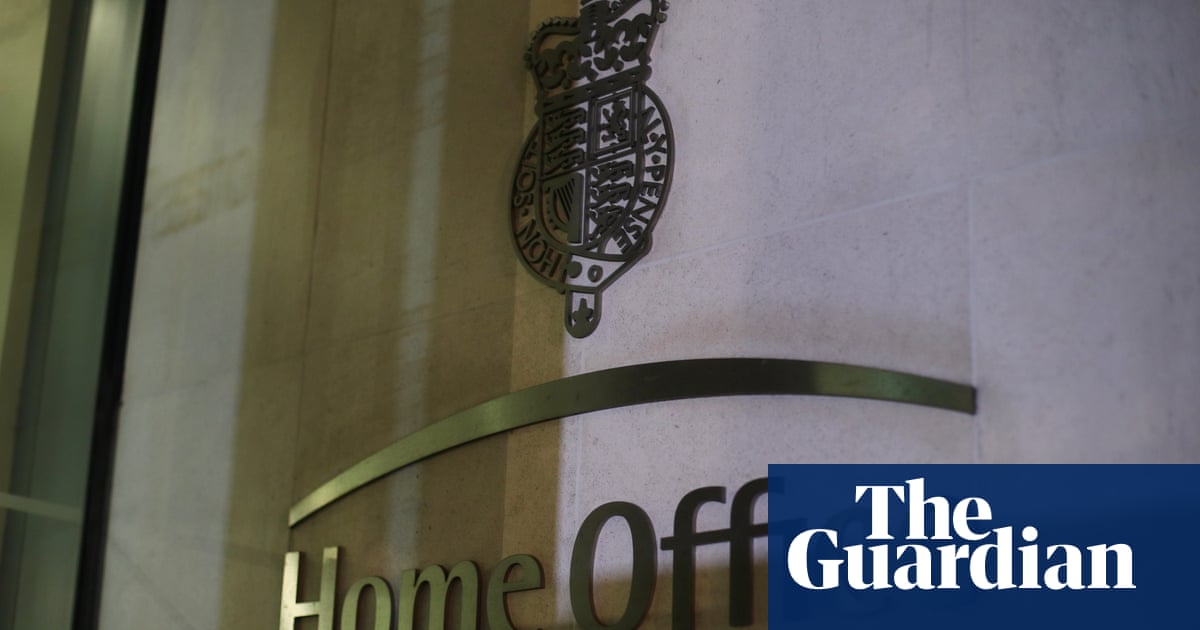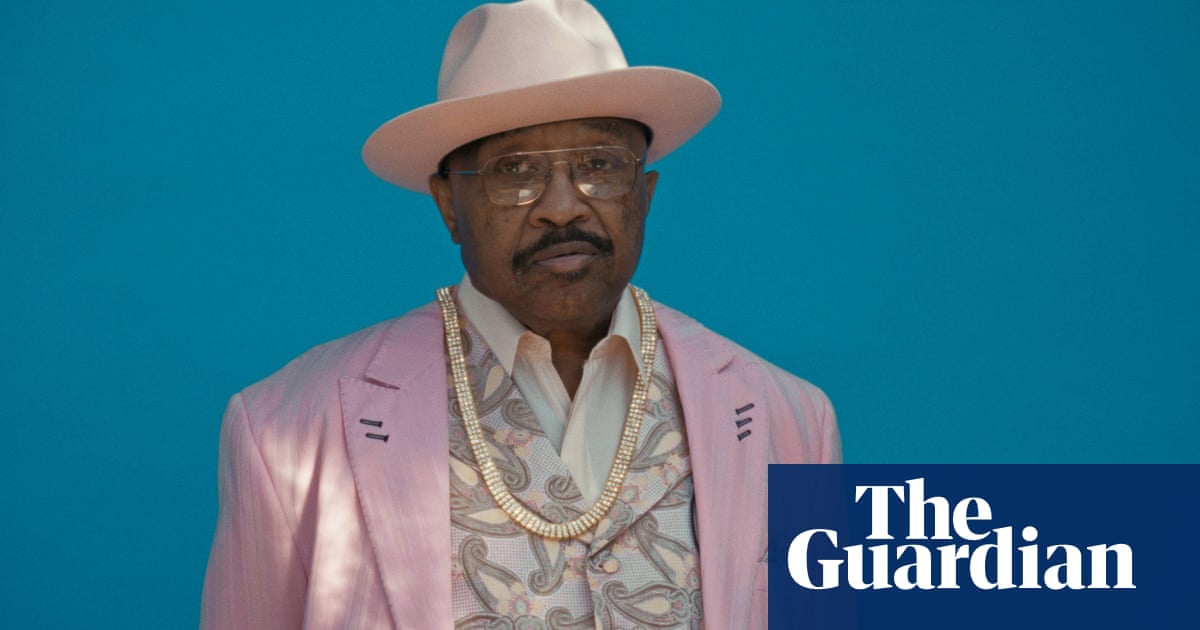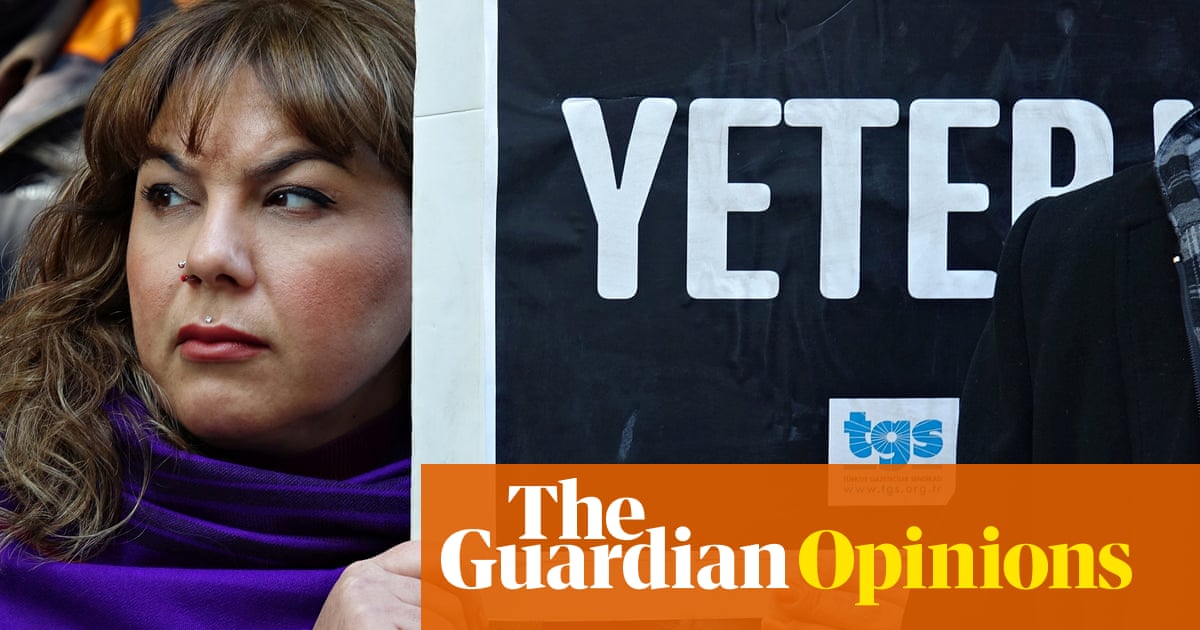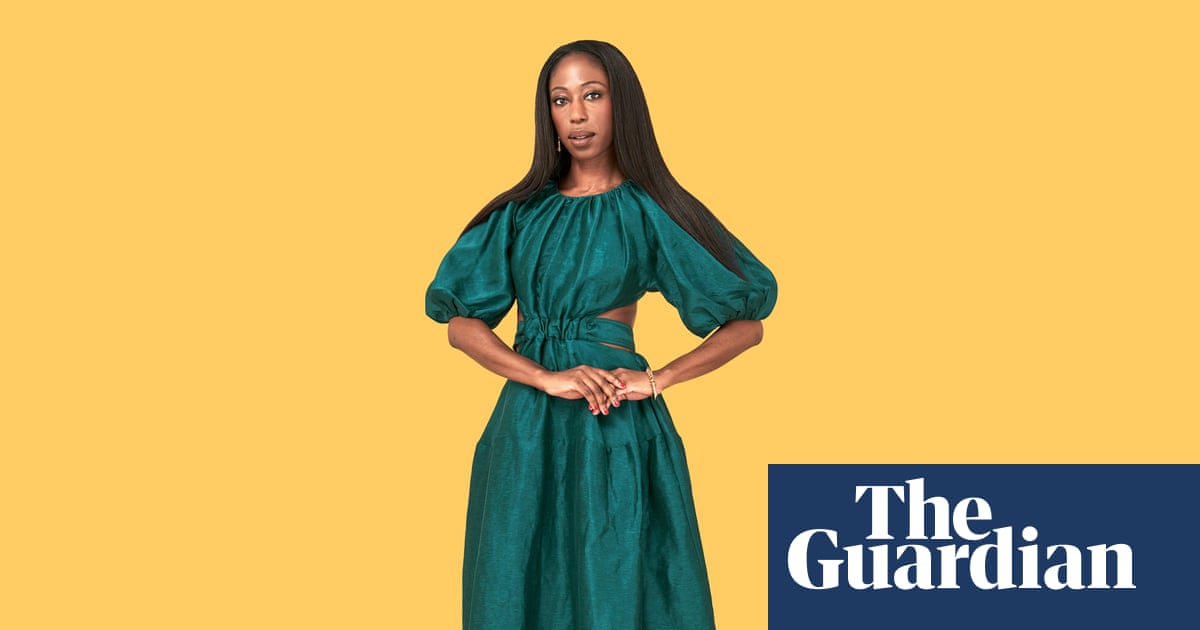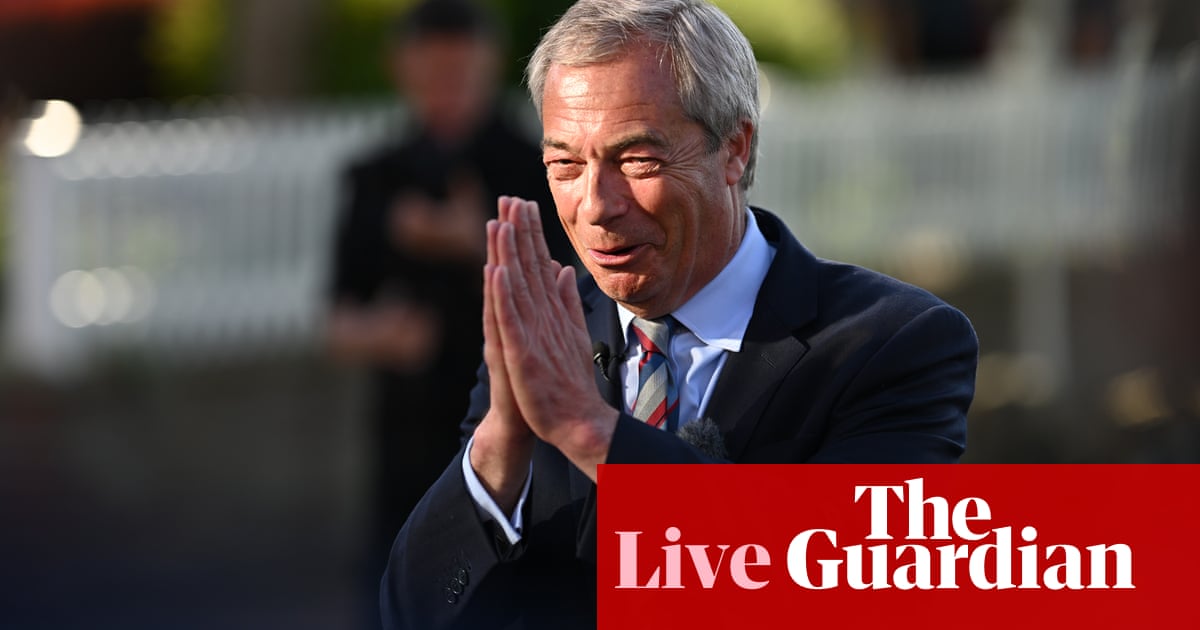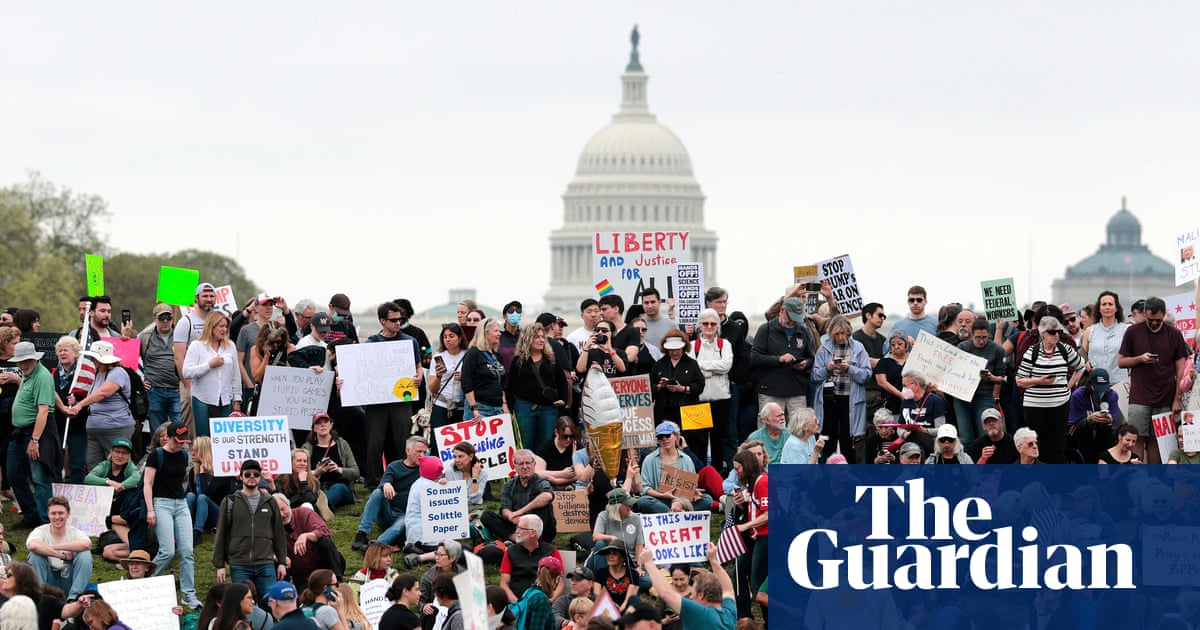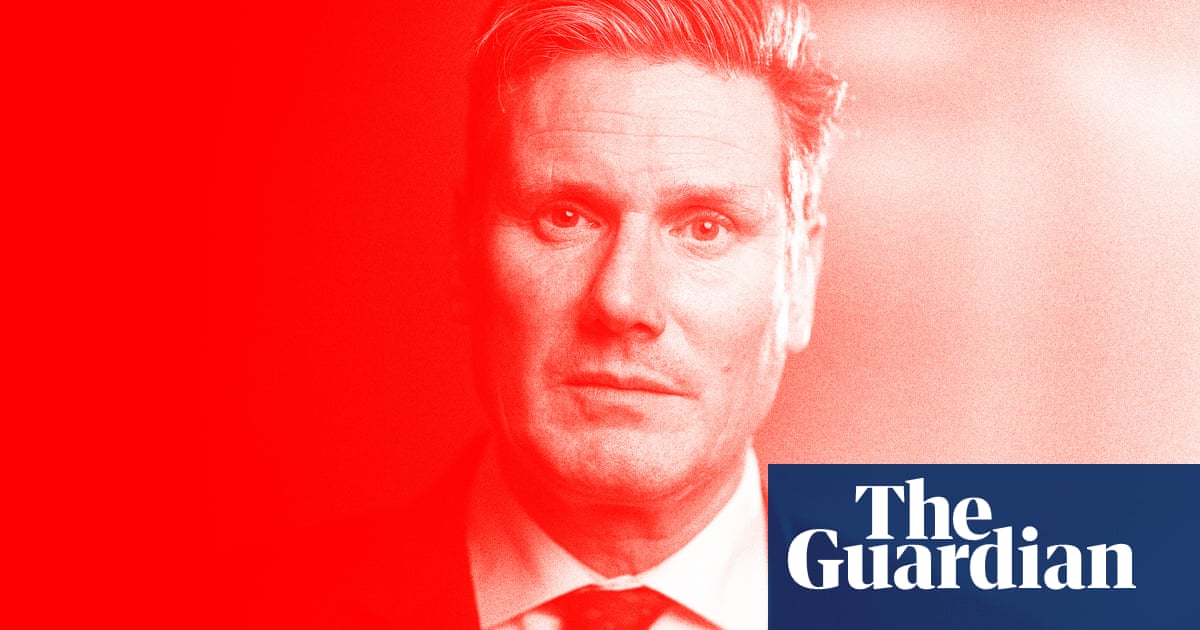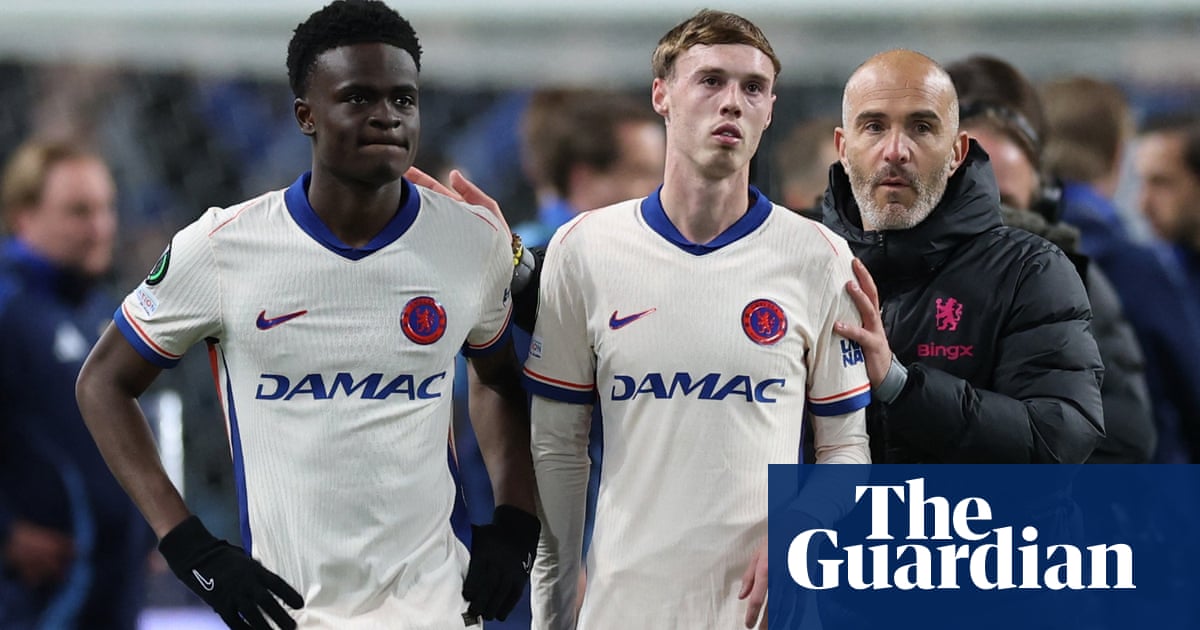‘Where have all the literary blokes gone?” is a question that has popped up in bookish discussions and op-eds from time to time in recent years. Who are this generation’s hotshot young male novelists, the modern incarnations of the Amis/McEwan/Rushdie crew of the 80s?
The question flared again this week as writer Jude Cook launched a new press, Conduit Books, which plans to focus, at least initially, on publishing male authors.
Cook says the publishing landscape has changed “dramatically” over the last 15 years as a reaction to the “toxic male-dominated” scene of the 80s, 90s and 00s. Now, excitement in publishing circles centres on a “new breed of young female authors, spearheaded by Sally Rooney et al”. While this is “only right as a timely corrective”, the side-effect is that male authors are “often overlooked”, their voices deemed problematic.
Are male novelists actually in decline? Some metrics certainly say so: of all the writers to appear on the weekly Sunday Times bestseller lists for fiction hardbacks so far this year, just a third are men.
However, there are multiple ways to cut the pie. Though women dominate the fiction charts, Richard Osman’s novels took the top two spots for the most books sold in the UK last year. While the 2024 Booker prize shortlist featured five women and one man, the 2023 list had more people called Paul than women.
In nonfiction the picture is clearer: men make up 63% of authors to feature on the Sunday Times nonfiction hardback bestseller lists so far this year and 70% of those on the nonfiction paperback charts, with titles such as Atomic Habits by James Clear continuing to sell well years after publication.
Writers and publishing insiders disagree over the extent of the gender imbalance in fiction, and the extent to which that imbalance is a concern.

“It is indeed the case that publishers are finding it increasingly difficult to break out male writers, as [publisher] Hannah Westland noted a few years ago”, said Neel Mukherjee, author of novels including The Lives of Others. In 2021, Westland told the Observer that the “paths to success” are narrower for male writers.
“There is no doubt male voices talking about male experiences – in middle age especially – are not getting much traction among agencies and publishers at the moment,” said one male agent, who asked to remain anonymous. However, men are “hardly underrepresented in the entertainment industry, and they need to earn their place as much as anyone else”.
Men “should make the work and let everyone decide if it’s worth anyone’s time, rather than pretend they are a minority in the arts”, says Sheena Patel, author of I’m a Fan. “I feel like men are doing just fine.”
after newsletter promotion
Madeleine Milburn, who runs the leading literary agency of the same name, thinks we do need more male novelists. “There was certainly a time when we needed more female novelists, particularly in the areas of crime and suspense, so I’m thrilled that female-led psychological suspense is still so popular, but the pendulum ultimately needs to land somewhere in the middle,” she said.
While Milburn is “excited” about Conduit Books, she believes “we also need more male editors acquiring fiction in the areas men want to read”. The latest Publishers Association workforce survey suggests that 68% of publishing staff are women.
Another female agent said that class may be a “bigger issue than gender when it comes to what’s being published”. Lacking racial representation also continues to be a problem: just one person of colour appeared on each of the Top 10 fiction and nonfiction hardback bestseller lists last week, Chimamanda Ngozi Adichie for fiction and Roxie Nafousi for nonfiction.
Luke Brown, the author of My Biggest Lie and Theft, said he knows “so many working-class men from my generation who got into reading fiction through Irvine Welsh, for example, because it spoke to a world they recognised”.
Welsh himself says that “men need to start reading before they start writing. My take is that men are becoming stupider because they over-rely on the internet and women are becoming smarter because they read more books.”
Indeed, some suggest the decline of male novelists being commissioned is due to low demand from men. In 2024, 37% of fiction purchases in the UK were made by men, according to NielsenIQ BookData. While women buy more books overall, having made 58% of all book purchases last year, men buy more nonfiction (55% v 45% bought by women).
“Men need to read women and I think women should read men,” says Brown. “It’s one of the great ways we can come to understand each other better”.
Cook’s new venture met with some criticism online. However, Mukherjee said that the project comes from a position that is “the opposite of Farage-ist grievance or misogyny-driven rabble-rousing.”
“No doubt there will be a lot of hand-wringing about this, and condemnation” he added. “But writing and publishing are not zero-sum games.”

 19 hours ago
10
19 hours ago
10

